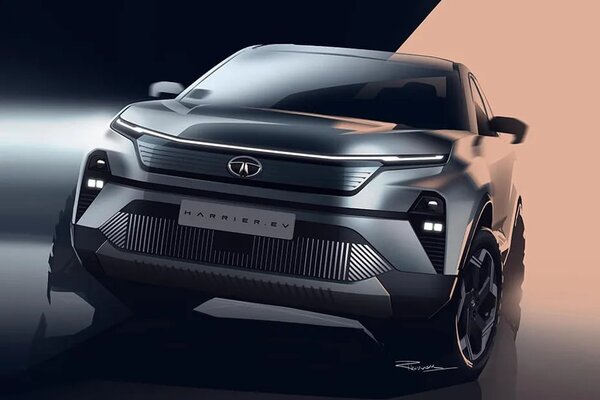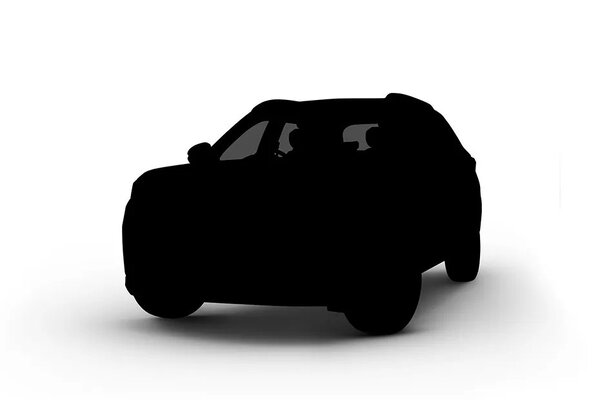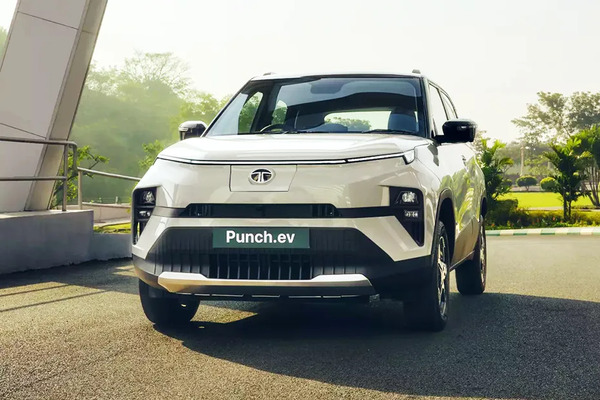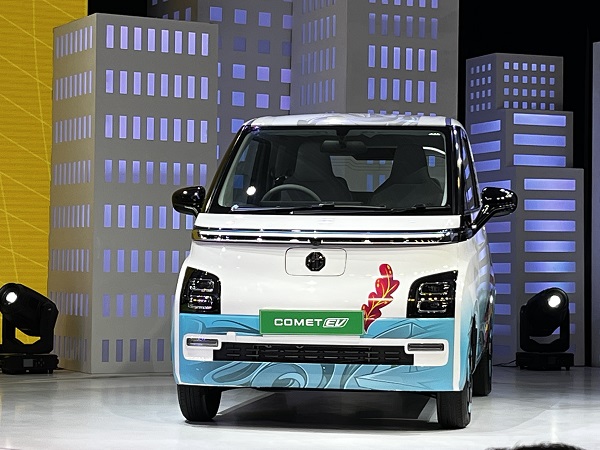Start-ups aim to change EV battery recycling, clean up most polluting industry


A handful of startups are trying to find a new way to recycle used car batteries, using water, chemicals and electricity to produce lead instead of the hazardous, high-heat smelting that has been identified as the world's most polluting industry.
One of the first to bring a new recycling technology to market is ACE Green Recycling Inc, which has developed a room-temperature process that turns lead from scrap batteries into ingots, its Singapore-based CEO Nishchay Chadha told Reuters.
Also check these Vehicles
At its recycling plant in Ghaziabad, on the outskirts of the Indian capital New Delhi, the firm uses machines that run on electricity to refine lead components from scrap batteries into briquettes, which are then cast into ingots and sold to battery manufacturers. Plastic and other components are recycled separately.
Also Read : Battery startup Factorial Energy comes out of stealth to grab investment
Worldwide, the start-ups so far form only a tiny fraction of the lead battery recycling industry, which is estimated to be a $17.5 billion per year business, counting for just the lead value. But they claim the new technologies produce next to no emissions compared to traditional smelting.
Analysts and experts said the new technologies are promising but it was too early to say if any of them was commercially viable on a large scale.
"I think it's a great step and if it's economically viable it's a terrific step," CEO Richard Fuller at environmental agency Pure Earth said.
Also Read : Lithium-ion battery maker Lohum to invest up to ₹250 cr in three years)
Typically, traditional battery recycling units use an ultra-hot furnace at over 1,000 degrees Celsius to refine lead components. If the unit is unregulated, as many are in poorer nations where the sales of cars and car batteries are surging, toxic fumes often escape into the air and effluents seep into groundwater.
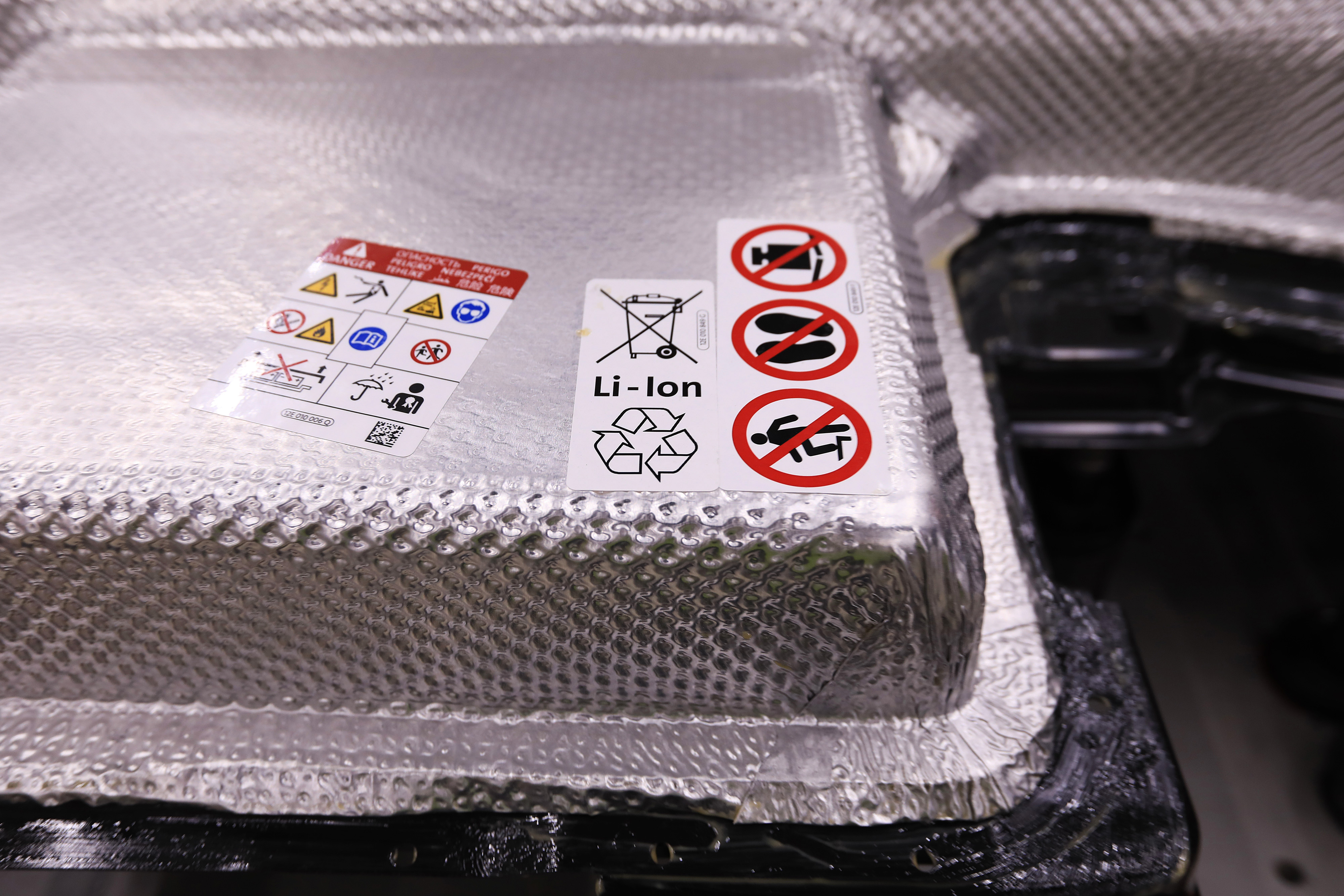

Pure Earth and Green Cross Switzerland have said lead battery recycling is the most polluting industry in the world. "Emissions and fugitive dusts released from the small scale melting and casting of molten lead and from waste are the main exposure pathways," the agencies said in a 2016 report.
Farid Ahmed, the principal lead analyst at Wood Mackenzie, said the new technologies had "the potential to be game-changers".
"But (they) need to reach that point where they can establish the validity of their processes when scaled up to industrial levels of output, plus that they can be competitive in production costs," he said.
Recycling of lead batteries accounts for about two-thirds of the world's supply of refined lead, which is also used in cables, ammunition and paints.
Also Read : India on verge of becoming number one electric vehicle maker: Nitin Gadkari)
The metal currently trades at roughly $2,000 per tonne.
ONE PERCENT OF REFINED LEAD
"We use electricity, and that helps our plant operate at room temperature, and that's why there's zero-emission of gases and effluents from our plant," Dhruvendra Kumar Tyagi, ACE Green's general manager, told Reuters.
Luminous Power Technologies, owned by France's Schneider Electric and one of India's largest auto battery manufacturers, provides ACE Green with more than 200 tonnes per month of used batteries, which ACE said it turns into 120-130 tonnes of lead and sells back to the firm.
Luminous did not respond to a Reuters request for comment.


ACE Green has signed an agreement with Altus Asia Group in Singapore to licence its technology to recycle 5,000 tonnes per year of used lead-acid batteries in the first half of 2022, with the potential to double that capacity in 2023, its Managing Director David Leong said.
The investment for this plant will be $5 million which Leong expects to raise via private equity and private partners.
"(The technology) basically solves all the problems of running a traditional lead recycling smelter," said Leong, adding that the company plans to also set up plants in Malaysia, Vietnam and South Korea using this technology.
ACE Green says it has inked licensing and joint-venture deals to recycle 90,000 tonnes per year of used lead-acid batteries with four commercial recyclers in 11 countries, which would produce a total of about 55,800 tonnes per year of lead. It is also planning a 12,000 tonnes per year used lead-acid batteries recycling plant in Australia which would produce 7,440 tonnes per year of lead.
All of that would be equivalent to 1% of the world's recycled lead.
Other companies are developing similar processes.
Nasdaq-listed Aqua Metals, which uses water-based solvents at room temperature to recycle used batteries to produce refined lead, is not initially looking to replace informal recycling or backyard smelting but is focusing on the regulated market where its product can be marketed as an environment friendly, bolt-on technology, Chief Executive Steve Cotton told Reuters.
He said he plans to commercialize the process and roll out licences as early as June this year.
Ola Hekselman of Imperial College London has been working on a proprietary solvents and chemical process to extract lead from batteries and has co-founded a company called Solveteq which aims to commercialize the technology in the next 18 to 24 months. "Just being sustainable and green may not be enough for us to convince others to switch to this technology," Hekselman said. "We have to be economically more competitive as well."








 69 kWh
69 kWh 420 Km
420 Km
